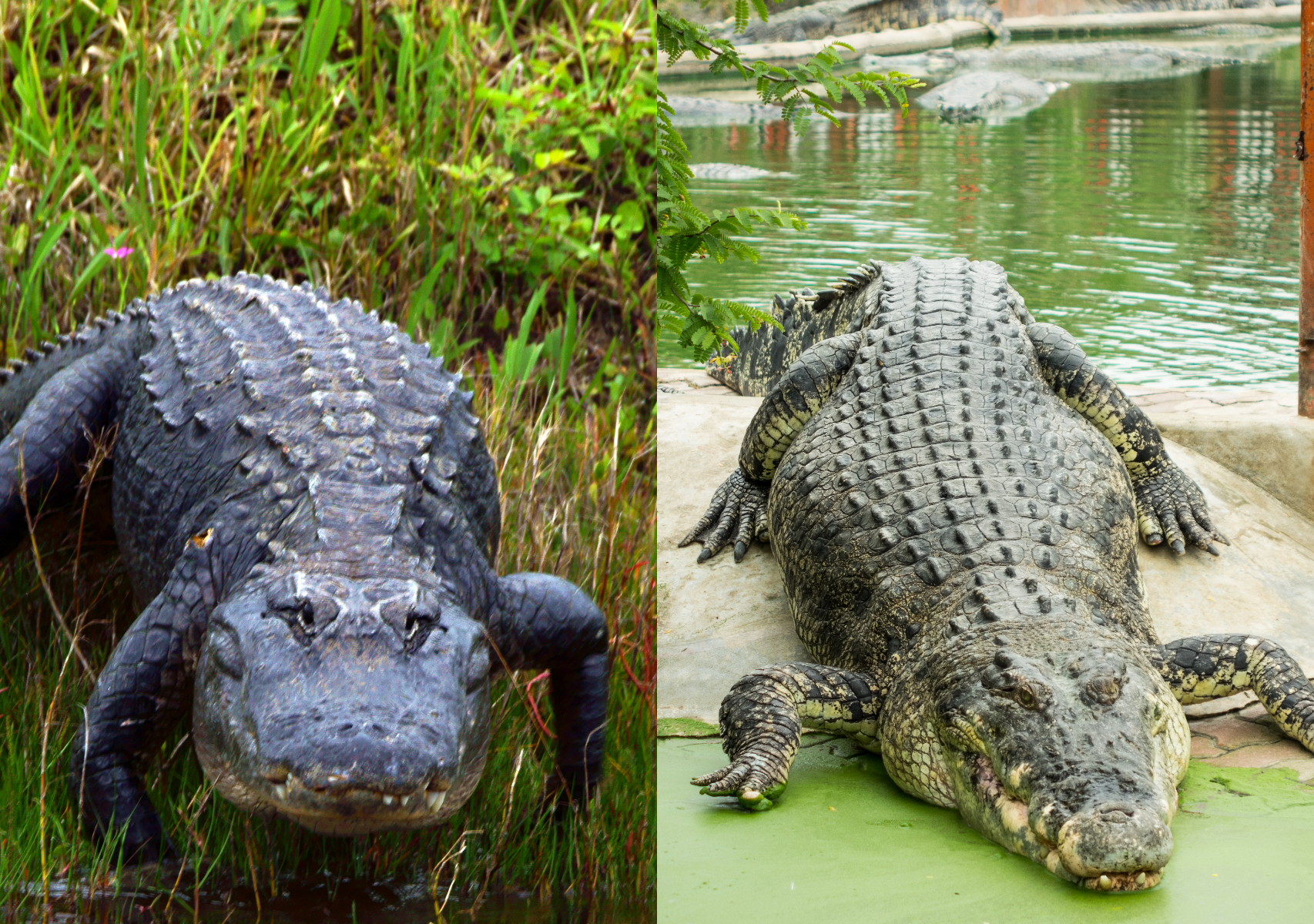The extremely long lives of alligators and crocodiles (but not everything is easy)
Crocodiles, as well as alligators are fascinating creatures due to a myriad of reasons. They are fierce predators that possess the strongest bite force on earth and are the closest related reptiles to dinosaurs.
Furthermore, they enjoy the longest duration. The oldest alligator in the world is at around the age of 85. He has been at Belgrade Zoo since 1937 and was just 2 years of age when he first arrived there. He was a victim of both Belgrade’s Axis as well as Allied bombings in Belgrade throughout World War II, as in addition to Belgrade’s involvement in the NATO bombardment of Yugoslavia in 1999.
How do these animals remain alive for this long? Do they have immortality?
The reason alligators last for so long is due to their remarkable ageing process. Like crocodiles and alligators they do not have a fixed time frame. They continue to grow and develop unless they suffer from a illness, accident or other predator.
This characteristic, which is scientifically referred to as negligible senescence implies that alligators and crocodiles do not suffer from the aging process. This doesn’t mean that they are immortal. As reptiles grow in size throughout this period and they become more dependent on more food. After a certain amount of time when they are no longer able to search for enough food and will die from hunger.
Are there any other animals that don’t age?
Crocodiles, alligators, and crocodiles aren only species to not age biologically. Other species that exhibit this trait are flounders, Rougheye rockfish and several tortoises species.
Wrapping up
It is now clear that alligators and crocodiles don’t die of old age, but due to other reasons like injuries, illnesses or hunger due to the absence of food to sustain their growing bodies. They don’t age as humans and other animals do. This means that their bodies do not undergo the same cellular senescence process.
